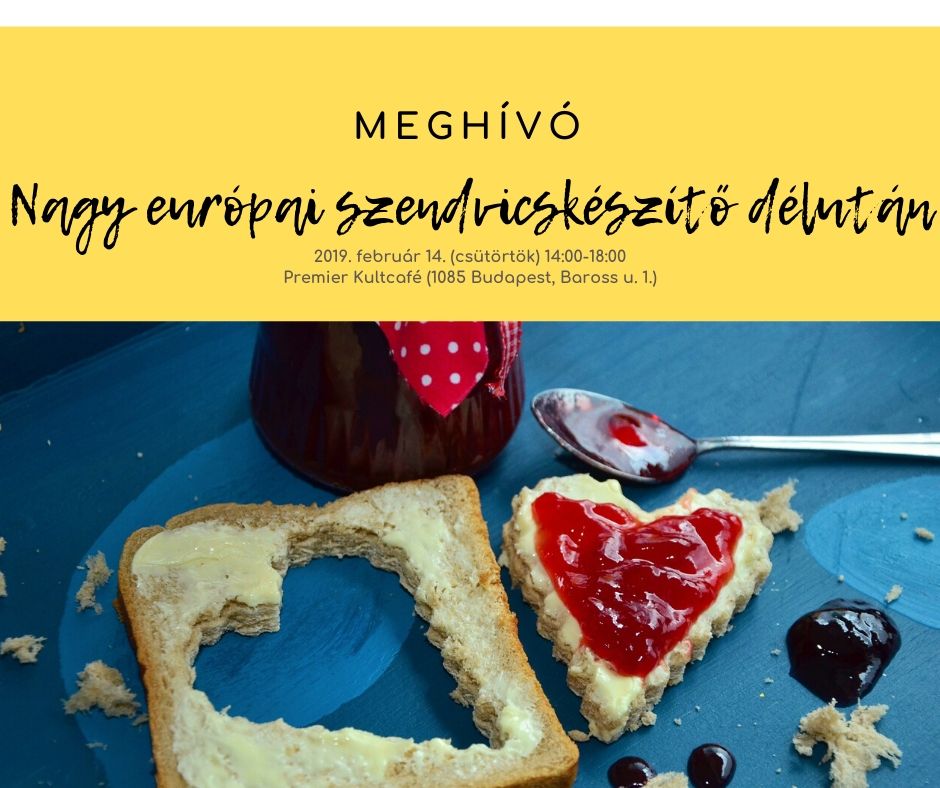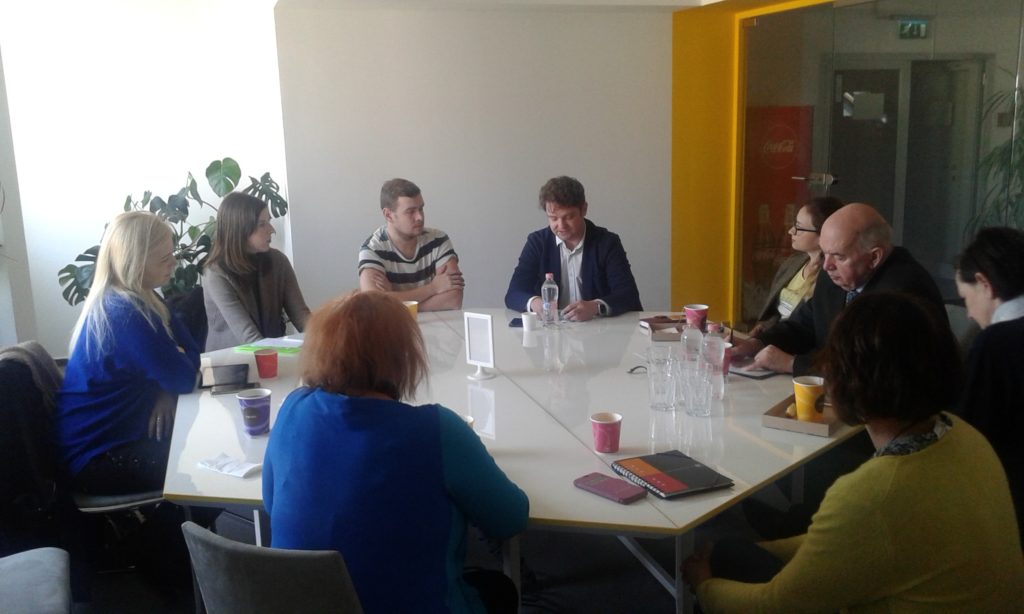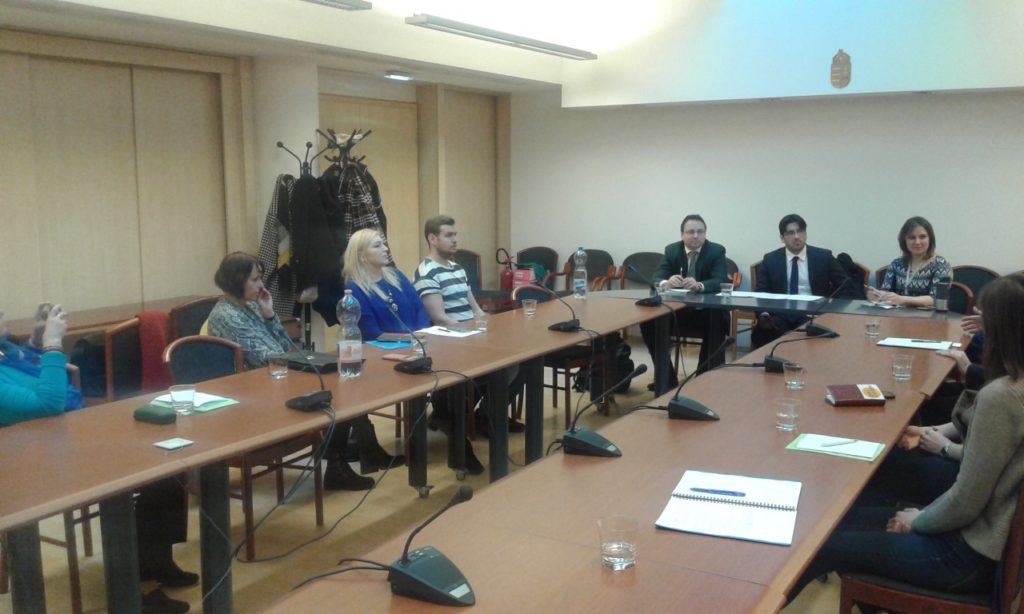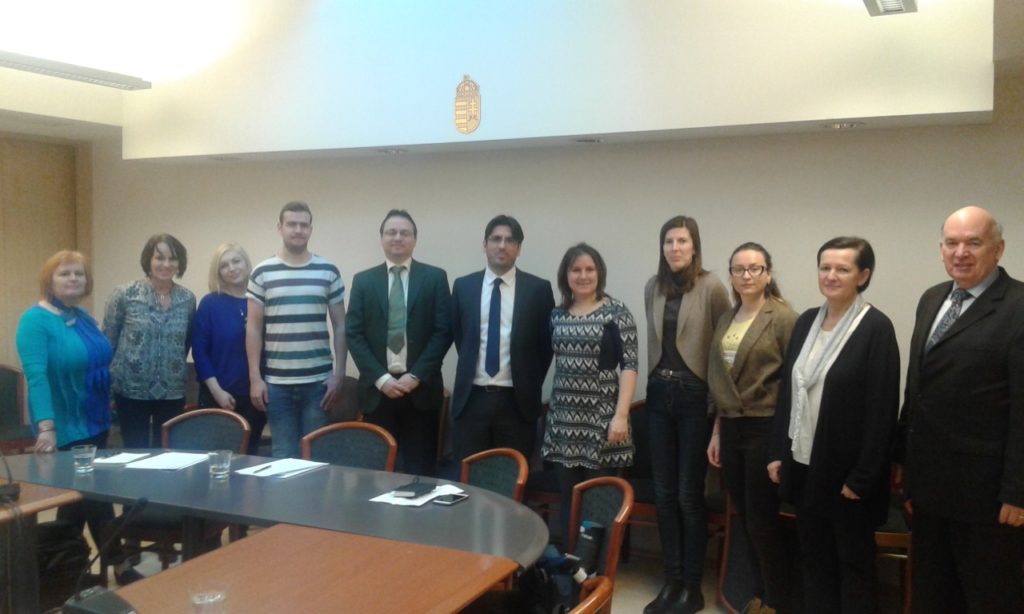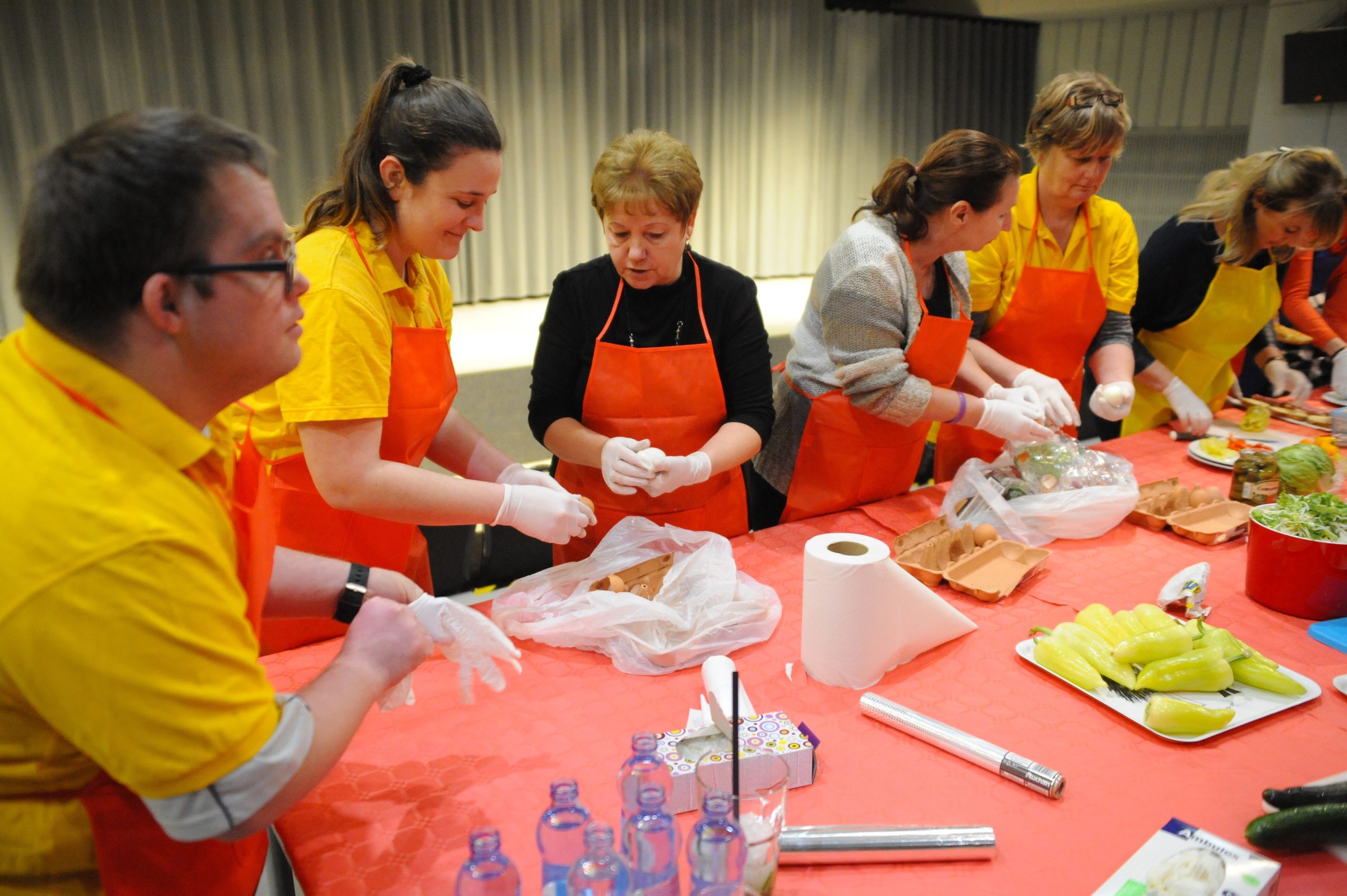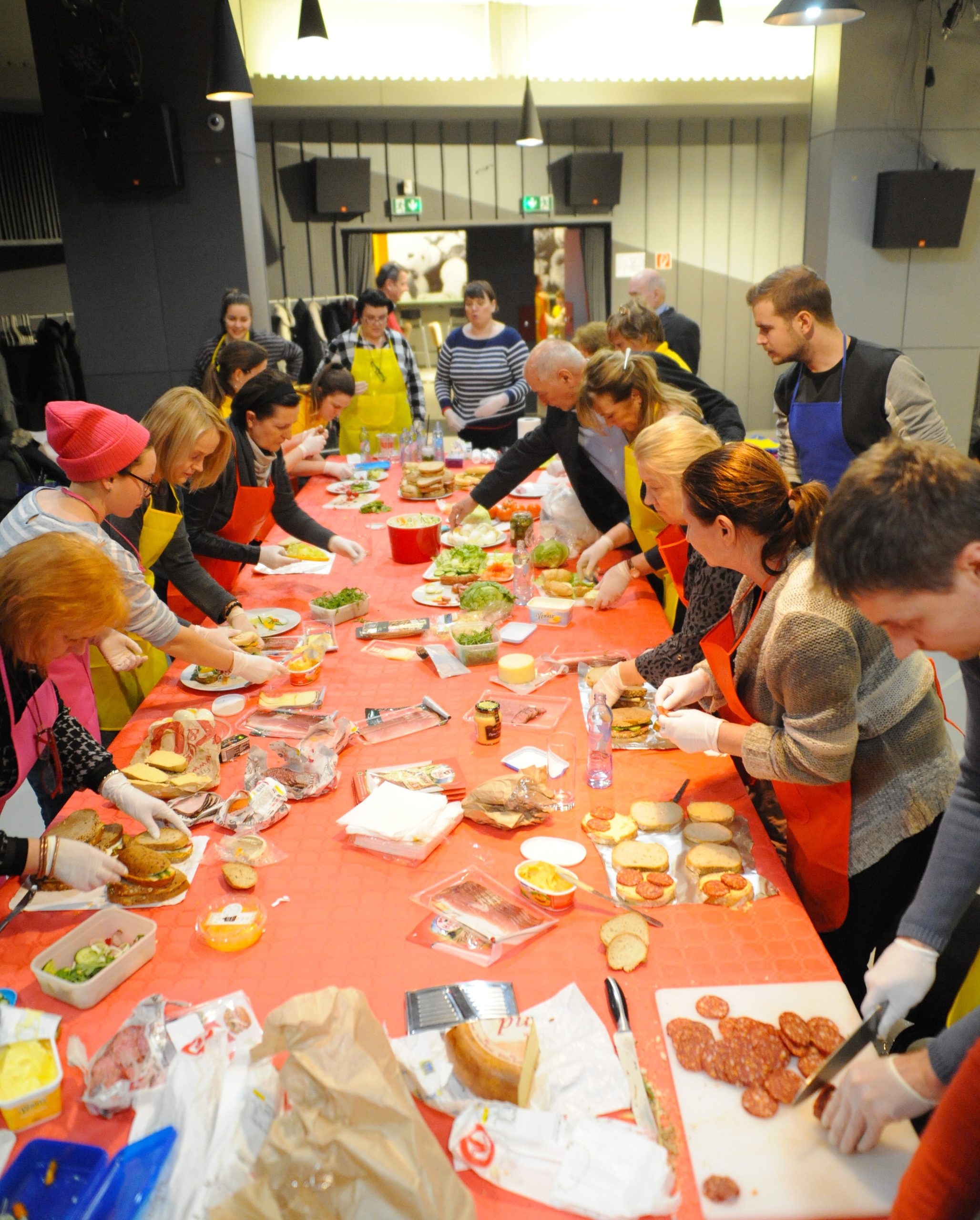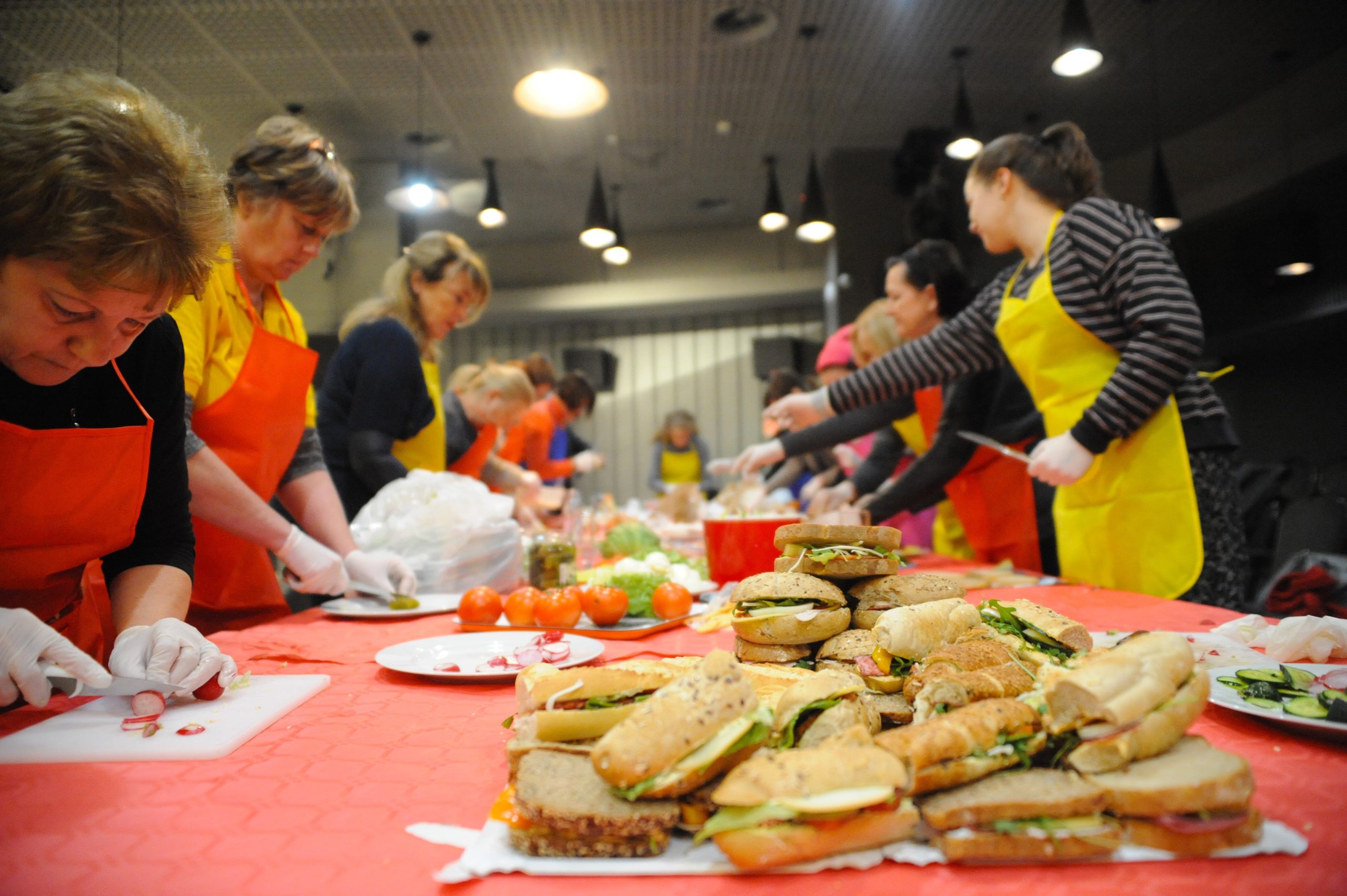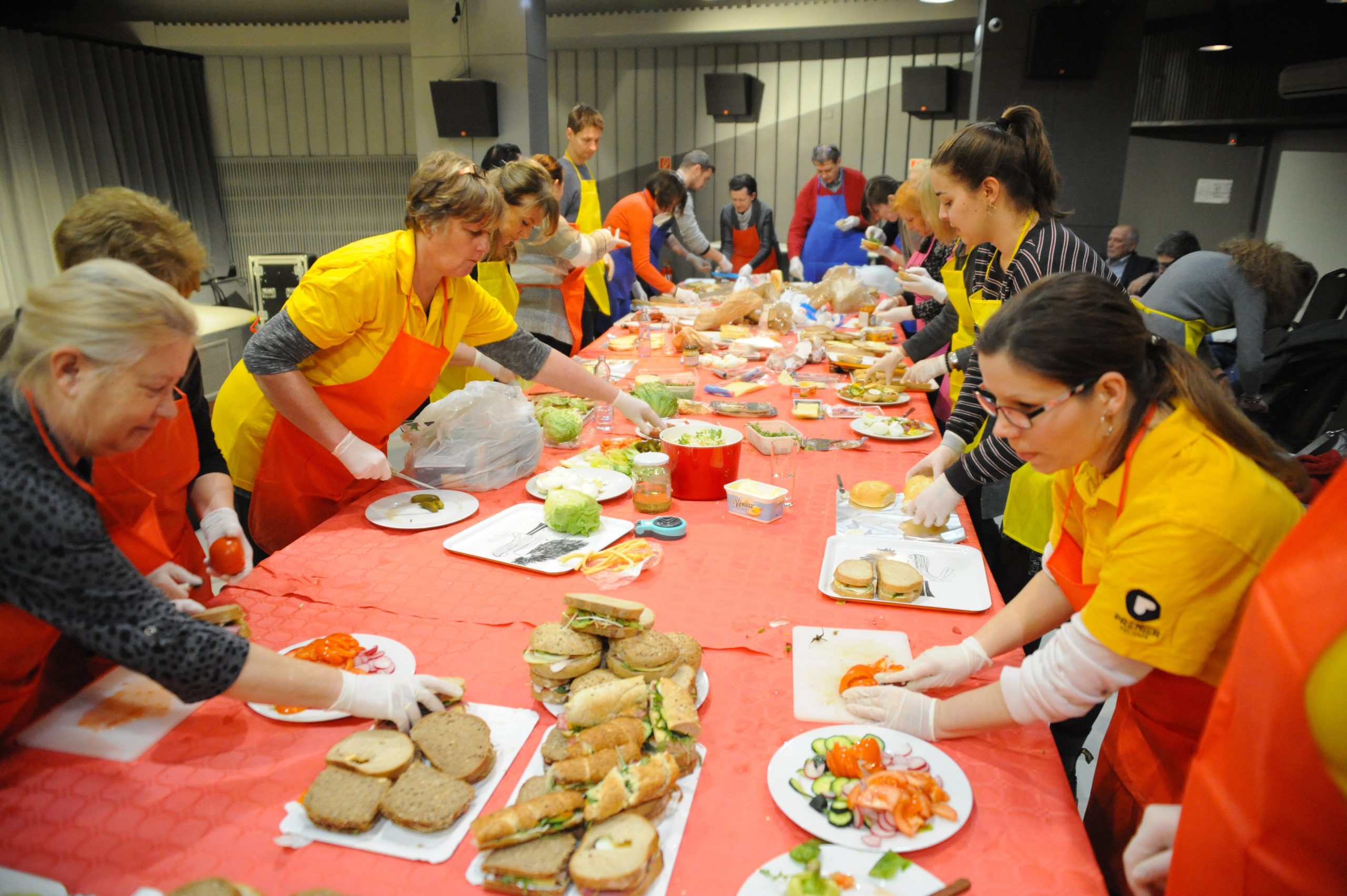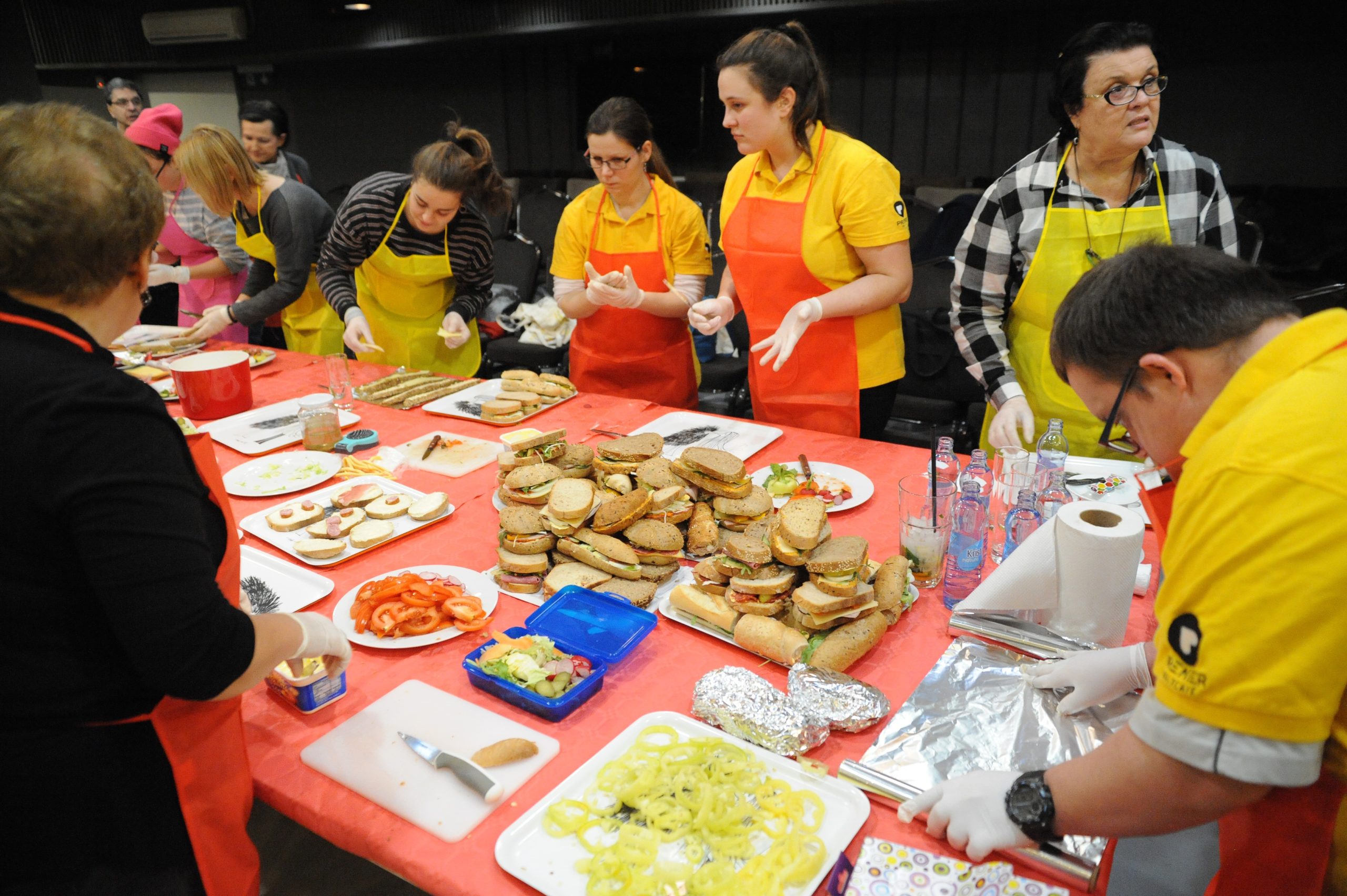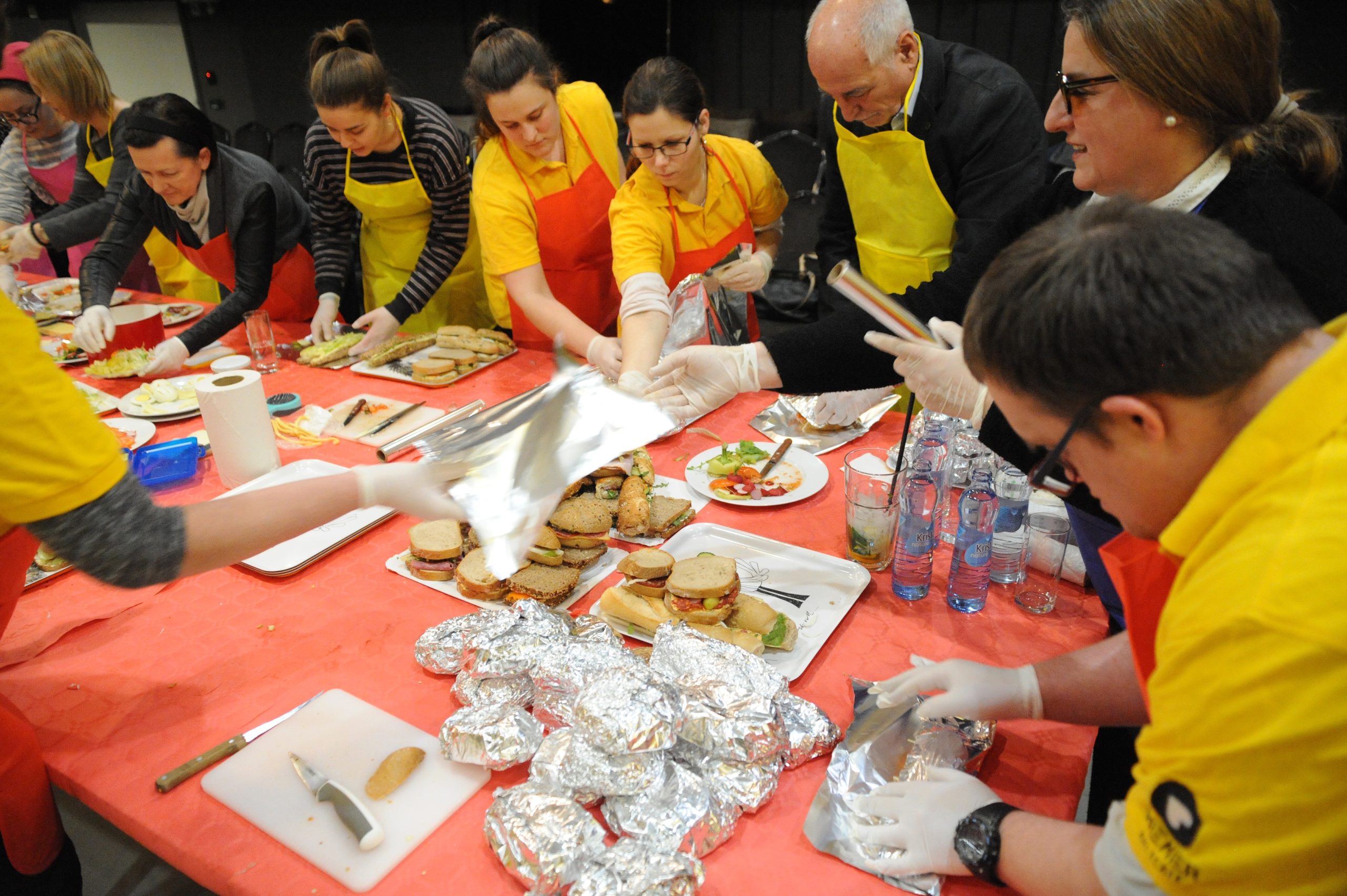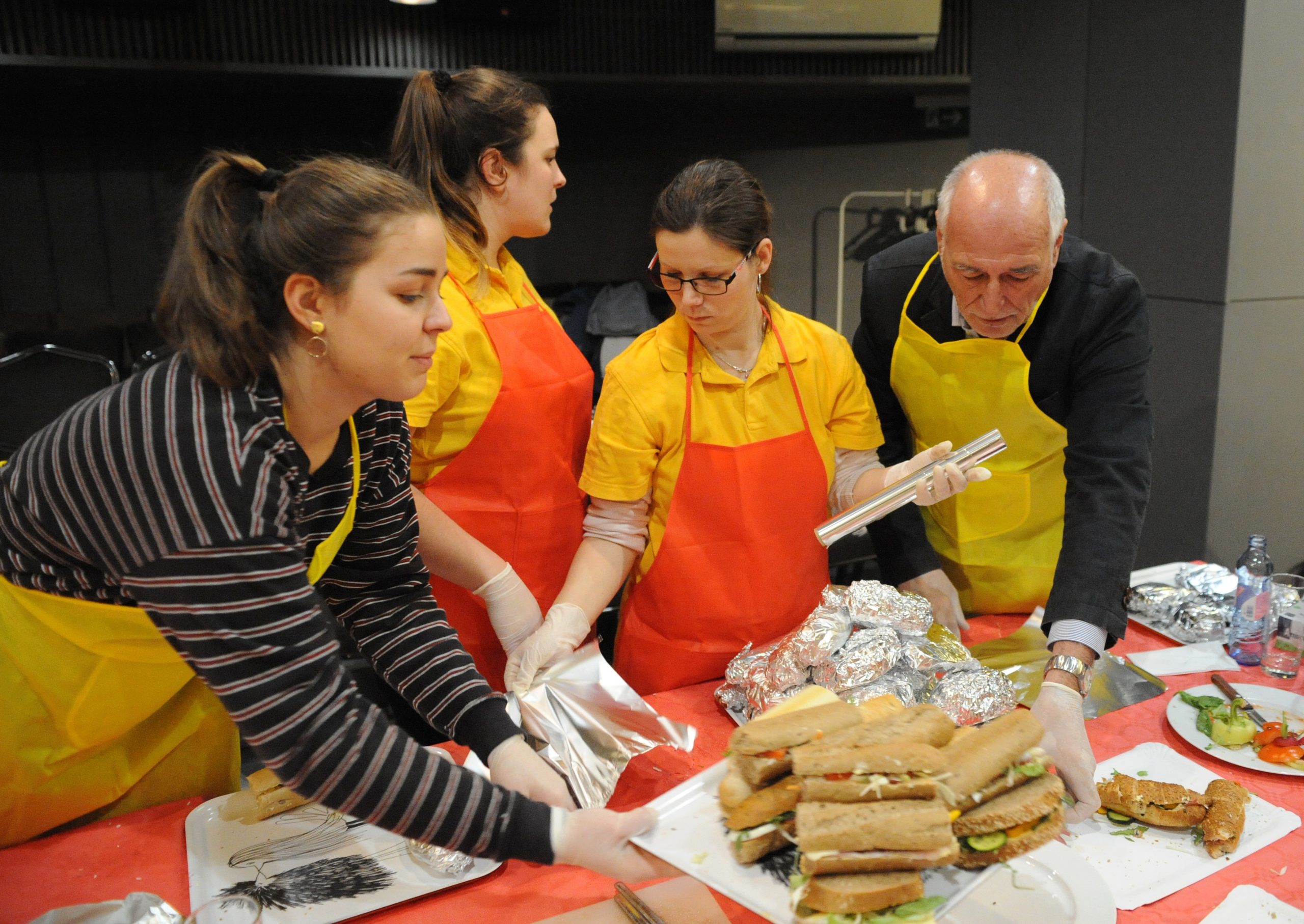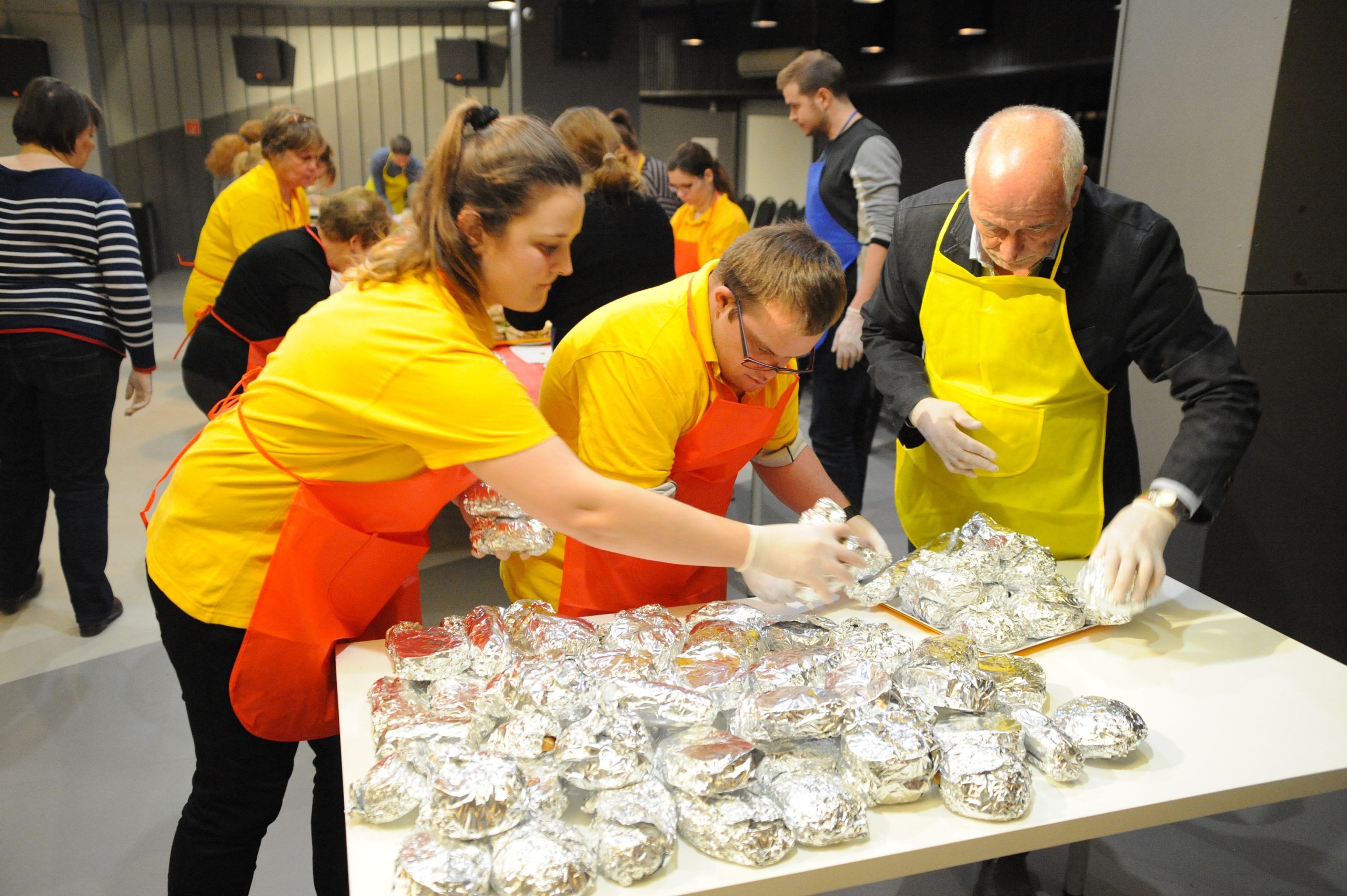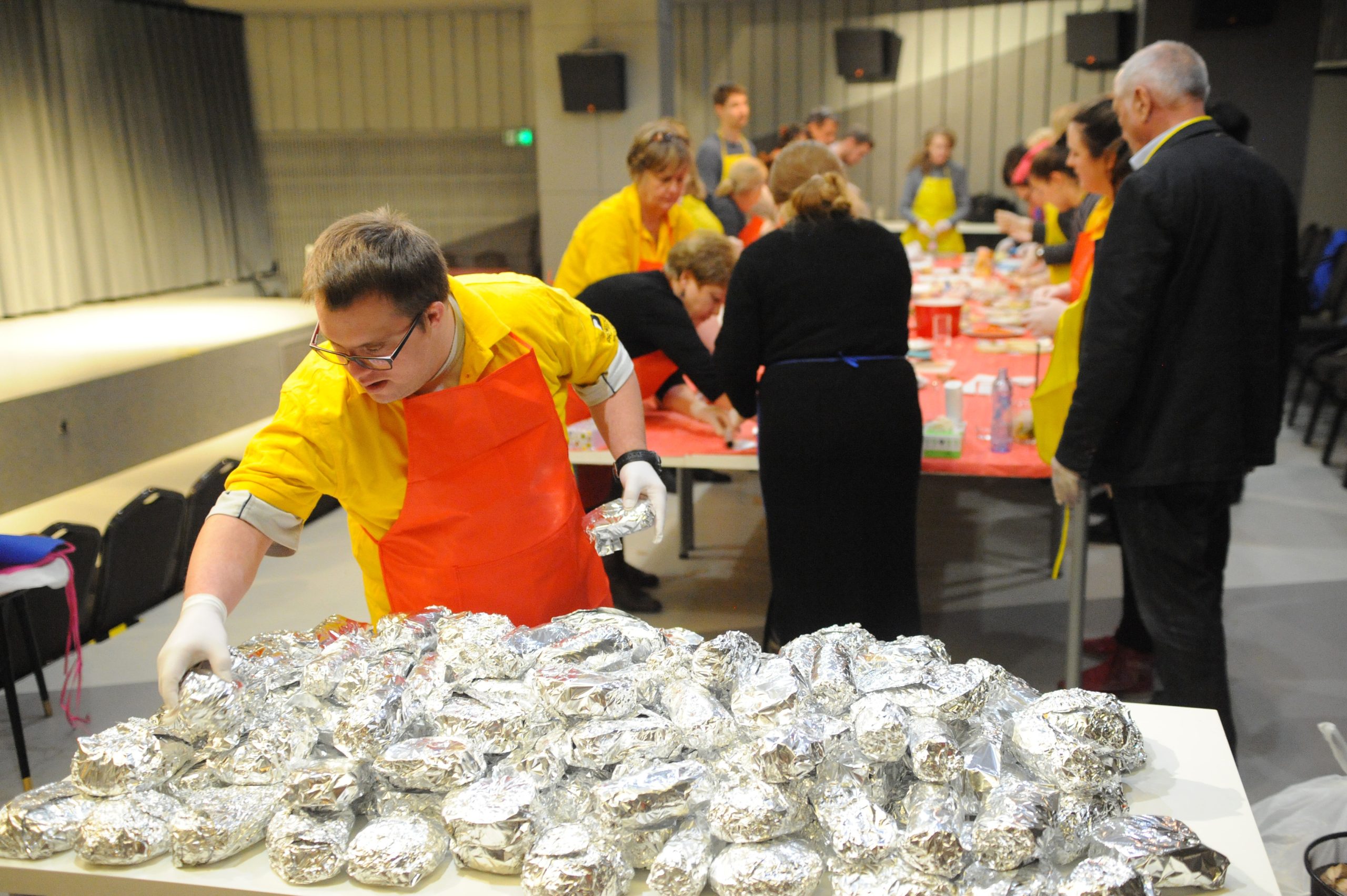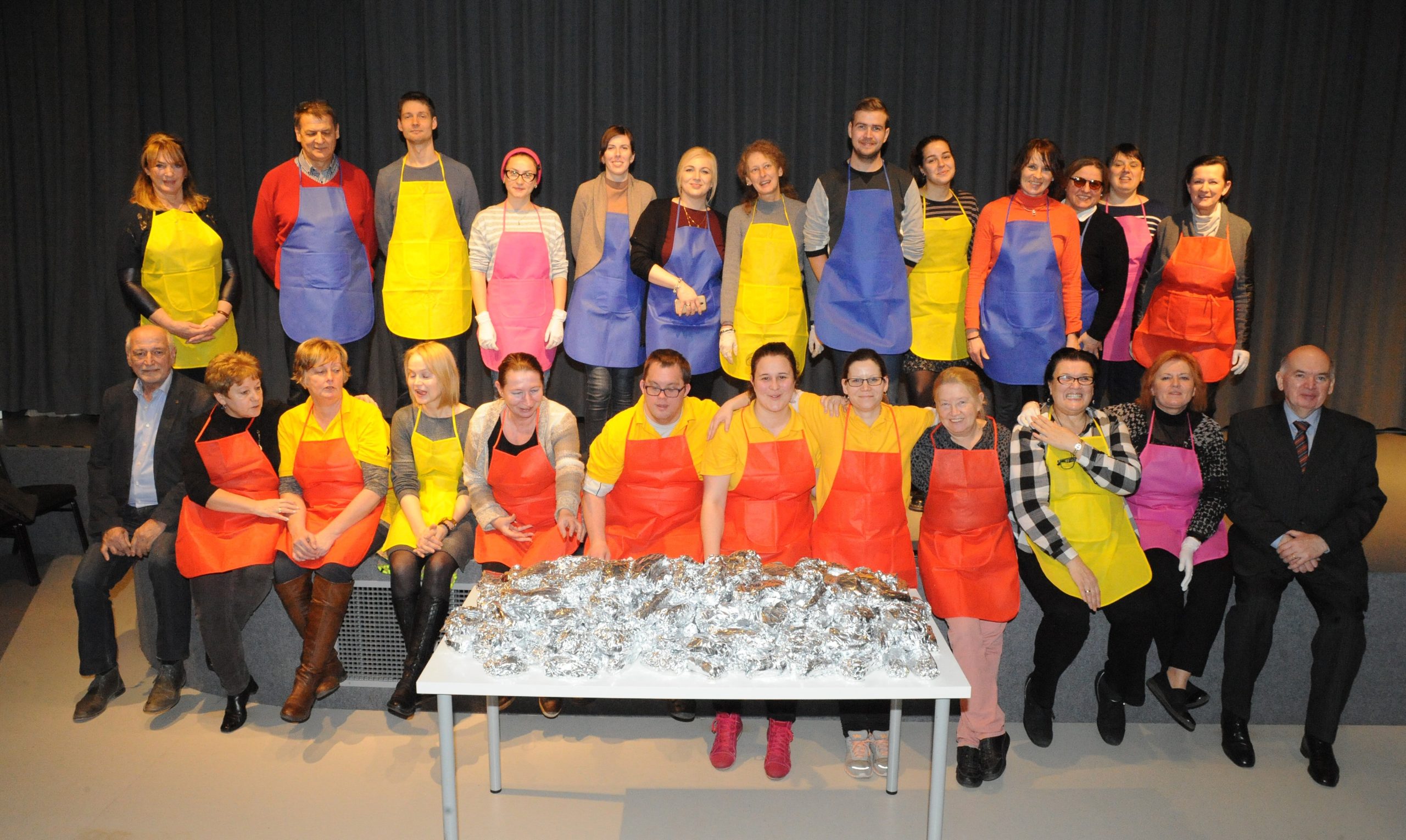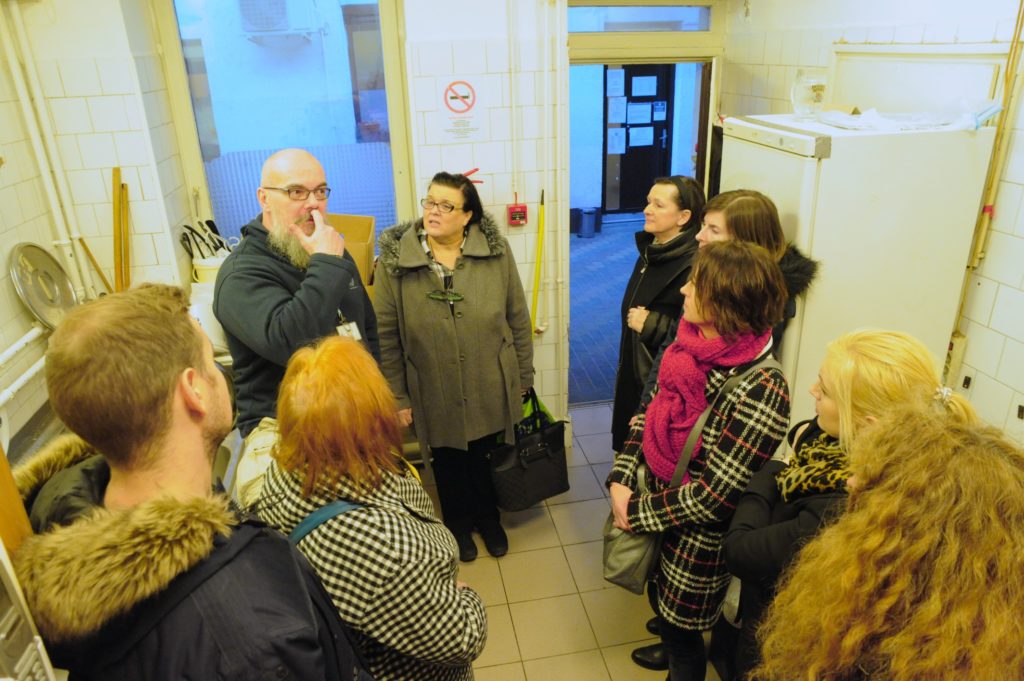Human connectivity Budapest,
13-14 February 2019
„Human connectivity” for a stronger and more united Europe: dialogues on macro-regional level” was the title of the second project event. It took place in Budapest on 14-15 February 2019 and hosted by the project coordinator, the Danubiana Network.
The programme consisted of two main parts:
- a context-oriented workshop moderated by Mr Csaba Tóth, Director of the think thank Republicon Institute and a visit to the Ministry of Foreign Affairs and Trade of Hungary where the EU Strategy for the Danube Region is coordinated where a meeting took place with Mr Gábor Jenei, Danube National Coordinator and Ms Kinga Perger and Mr Balázs Horváth.
The rich discussions covered a significant number of relevant points including
- connectivity is a frequently used buzzword in a macro-regional context but mainly in areas of water, road, rail and air transportation, economic activities, migration or biodiversity; our project objective was to discover and identify ways and methods how the notion of connectivity could be used for the betterment of the EU by means of macro-regional strategies;
- the four macro-regions have a relatively short history on EU policy-making; they are still in the process of cosolidating their positio within the complex EU institutional system and less atttention is paid to horizontal approaches, to the development of contacts between the macro-regions;
- setting up macro-regions is basically the result of a top-down policy appcroach; it is characterised and dominated by governmental, institutional intentions and decisions;
- the recognition is gaining ground especially after the latest, May 2019 elections that citizens’ involvement is a prerequisite in attaining the objectives of macro-regional policies; however the level and forms of their involvement shows great differences in the macro-regions;
- the result is twofold: (1) it increases the much-needed citizens’ ownership feeling towards EU policy-making, and (2) reduces the still significant distance between the EU institutions and citizens;
- an additional benefit should be that the top-do wn approach manifested in macro-regions (see point c) is complemented by a bottom-up method thereby completing the representative type of democracy with participatory democracy through direct citizens’ involvement;
- through concrete cases and examples presented by the participants of the discussion it became clear that there is a huge unused potential in bringing together civil actors from all the four macro-regions; this is one of the main conclusions of the debate;
- several references were made to the upcoming EP elections; the general feeling was that the composition of the new Parliament would differ significantly from the current one and as a result of a quickly shifting political landscape the „tyranny” of the two main political groups will come to an end; from a citizens’ perspective the most important tasks are to increase voters’ turnout and step up activities against populist, Eurosceptic and anti-European tendencies;
- the following three notions were identified and unanimously supported as indispensable elements in making human connectivity an integral part of our citizens’ supportive efforts for the success of macro-regional strategies:
(1) communication: a dynamic and inventive communication policy and practive including a massive use of social media is needed; its language should be easily understandable without the frequently used „Brussels” jargon;
(2) togetherness: this reflects a typical citizens’ attitude and approach; even if there are obviously distinctive features in macro-regional conceptual thinking or operations, our discussion revealed and attitudes can be identified independently of the macro-region where they live; belonging to a community is a value in itself and it leads to confidence-building and to the creation of trust in circumstances frequently characterised by conflicts;
(3) solidarity: it is an indispensable element of human connectivity; the European Solidarity Corps Initiative was mentioned as a promising case how the EU recognises and supports young people’s volunteering activities aimed at resolving challenging situations in Europe.
2) The second part of the programme was the Great European Sandwich Jamboree where project participants hand in hand with local volunteers in Budapest demonstrated what solidarity, volunteering, connectivity and togetherness mean in practice.
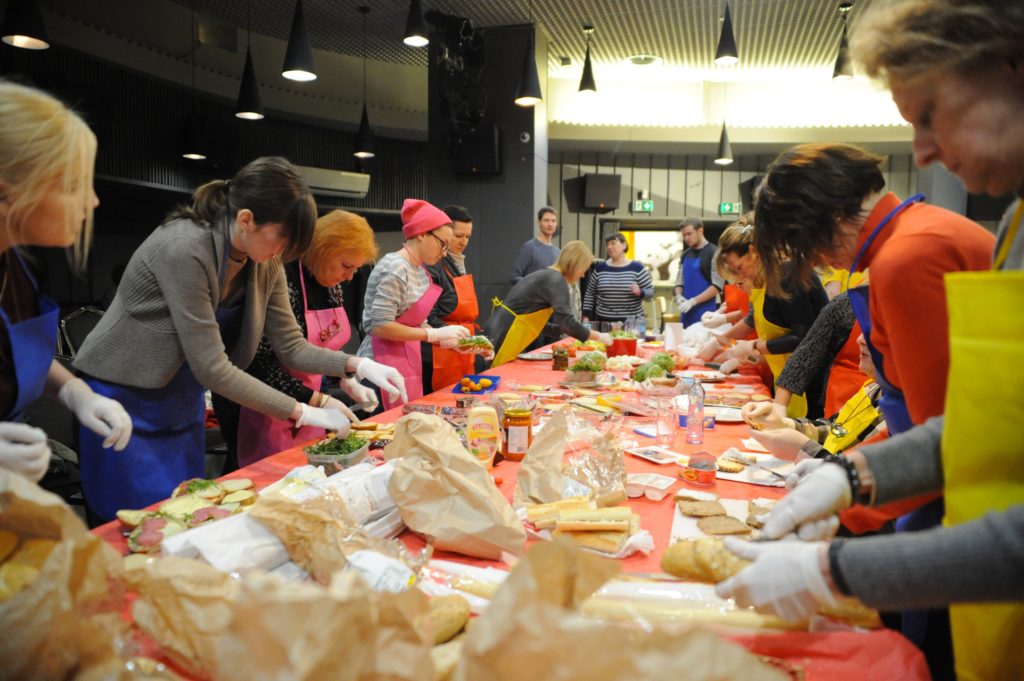
The event took place in downtown „Premier Kultcafé”, a popular meeting place for young people. One of its characteristic feature is that they employ mentally disabled persons. This was the place where responding to our open invitation a significant number of local volunteers gathered on 14 February afternoon and with the active involvement of the local handicapped staff members and of course with project participants started to prepare European sandwiches. Why we call them European? Because the ingredients were brought to Budapest by our project team members: prosciutto di Parma from Italy, delicious camember from France, home-made butter from Romania, smoked salmon from Denmark, a great variety of sausages from Austria, Germany, Slovakia and Poland of course salami from Hungary. The atmosphere was fantastic and some of the sandwiches demonstrated the creative talents of their makers. The end result was a huge pile of carefully packed sandwiches what were transported and handed over to the “Oltalom” social shelter accommodating homeless people. It is difficult to describe by words how they responded to the result of our afternoon common work.
